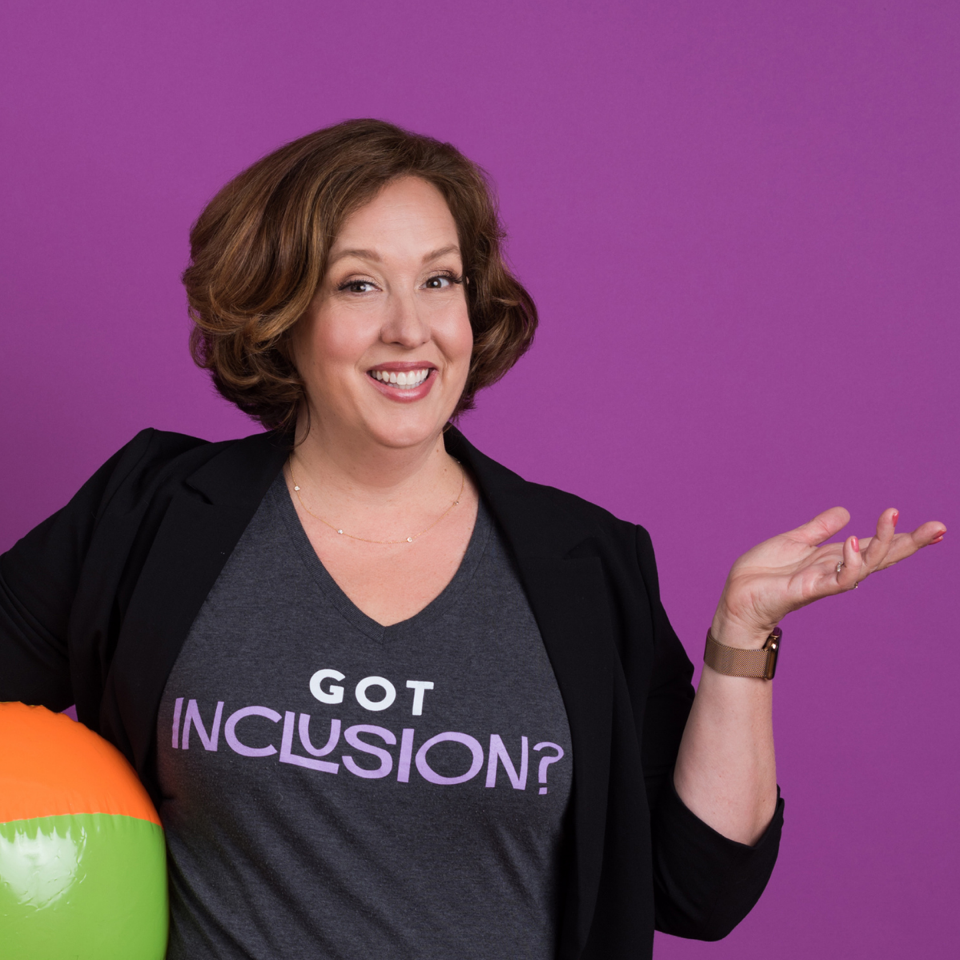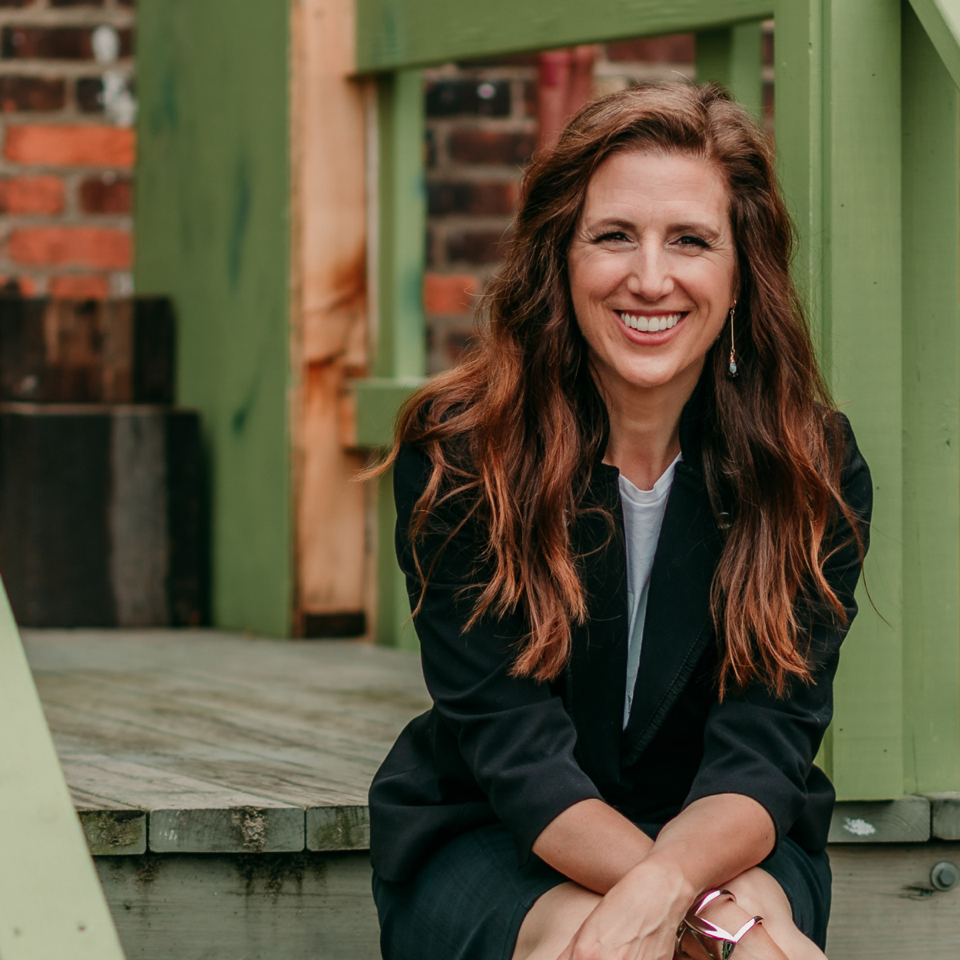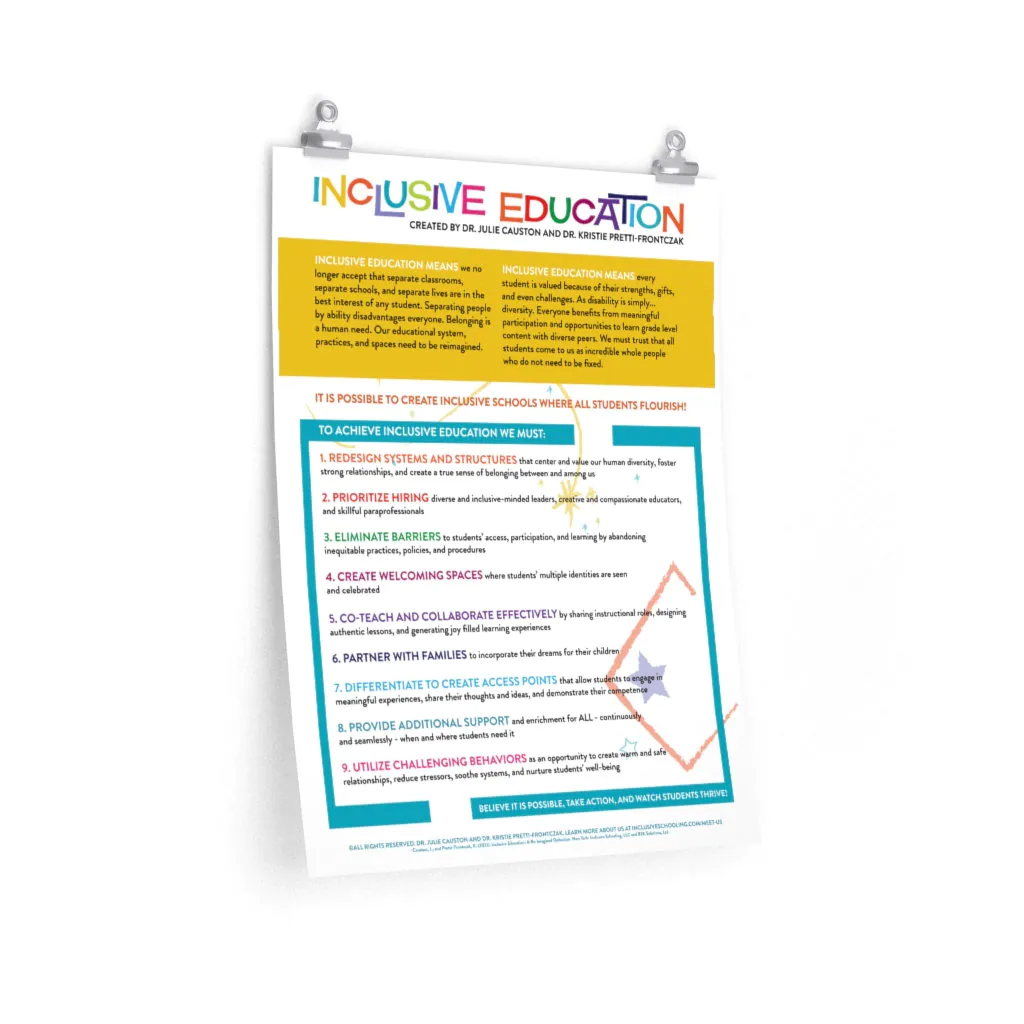mercer island school district

Main Zoom Meeting Link
Your co-teachers
Dr. Julie Causton

Magical Circle Maker
keynote story teller
prolific author
An inspiring author, speaker, and inclusion advocate, Dr. Julie Causton spent 14 years in Higher Education at Syracuse University before leaving to become the CEO of Inclusive Schooling. She has spent the past 20 years studying best practices for inclusive education. Her dynamic presentations focus on engaging ways to educate learners, regardless of age, ability, and/or location.
Dr. Kristie Pretti-Frontczak

Revolutionary thought leader
Educator's educator
Fierce play advocate
An accomplished author, sought-after speaker, and educator’s educator, Dr. Kristie Pretti-Frontczak spent 16 years as a tenured professor in Higher Education at Kent State University before leaving to lead a {r}evolution in early childhood education. She has spent over 50,000 hours teaching adults best practices in early childhood care and education in locations from Cincinnati to Singapore. She’s also been teaching adult learners on-line since 1997.
Course and Event Portals
Session-by-Session resources
2021/2022 Kickoff Keynote (click to access resources)
- 9 ways to be an Ally to your LGBTQ+ Students [pdf]
- 5 Ways to turn line makers into circle makers [pdf]
- 9 ways to make any lesson inclusive [pdf]
- 100 ways to adapt anything [pdf]
- 140 ways paras can support students [pdf]
- 100 ways to teach anything virtually [pdf] + ZOOM Makeover tips [pdf] + FB live session [video]
Myths of Inclusion with Pat Radel (click to access resources)
Recording of original live session [YouTube] – end at timestamp 1:05ish
Pat’s PPT slides [pdf]
Related Handouts/Resources
- Long list of supplemental supports and services [pdf]
- Sneak Peek into Pat’s Live Session from a FaceBook Live on November 16th [FB link]
- Pre-K Teach and Play Podcast episodes with Pat Radel [link]
- Session from the 2020 Summer Leadership Institute (also broadcast on FB) [link]

Presenter: Pat Radel, Esq.
Website: https://www.getnicklivingston.com/attorneys
Blog: Appropriately Ambitious
Email: pgradelesq@gmail.com
General Resources Shared Across Meetings (click to access resources)
General Resources Shared Across Meetings and Sessions
- Third object/thing [link]
- Name it, Tame it, Reframe it [blog]
- Asking Generative Questions (examples and links to additional resources) [blog]
- Triggering the PEA
Sources for articles posted to Drive Folder on research related to “pull out” services:
- Rea, P. J., McLaughlin, V. L, & Walther-Thomas, C. (2002). Outcomes for students with learning disabilities in inclusive and pullout programs. Exceptional Children, 68(2), 203-222. doi:10.1177/001440290206800204
- Marston, D. A. (1996). Comparison of inclusion only, pull-out only, and combined service models for students with mild disabilities. The Journal of Special Education, 30(2),121-132. doi:10.1177/002246699603000201
- Zigmond, N. (2003). Where should students with disabilities receive special education services? The Journal of Special Education, 37(3), 193-199.
- Fernandez, N. & Hynes, J. W. (2016). The efficacy of pullout programs in elementary schools: making it work. The Journal of Multidisciplinary Graduate Research, 2(3), 32-47.
- U.S. Department of Education, Office of Special Education Programs [DOE, OSEP]. (2005). Twenty-seventh report to congress on the implementation of the Individuals with Disabilities Education Act, 2004. v (1). Washington D.C.: Author.
- Causton-Theoharis, J., Theoharis, G., Orsati, F., & Cosier, M. (2011). Does Self-Contained Special Education Deliver on Its Promises? A Critical Inquiry into Research and Practice. Journal of Special Education Leadership. 24(2), 61-78.
- Brantlinger, E. (2003). Dividing classes: How the middle class negotiates and rationalizes school advantage. New York: RoutledgeFalmer.
- Vaughn, S., Elbaum, B. E., & Schumm, J. S. (1996). The effects of inclusion on the social functioning of students with learning disabilities. Journal of Learning Disabilities, 29, 598–608.
Few Sites with Aggregated Research:
- https://swiftschools.org/
- https://www.inclusiveschooling.com/articles/
- Download all the references here
Julie’s Books – link
Kristie’s Books – link

INCLUSIVE EDUCATION MEANS we no longer accept that separate classrooms, separate schools, and separate lives are in the best interest of any student. Separating people by ability disadvantages everyone. Belonging is a human need. Our educational system, practices, and spaces, need to be reimagined.
INCLUSIVE EDUCATION MEANS every student is valued because of their strengths, gifts, and even challenges. As disability is simply… diversity. Everyone benefits from meaningful participation and opportunities to learn grade level content with diverse peers. We must trust that all students come to us as incredible whole people who do not need to be fixed.

THE CIRCLE MAKER SERIES
Looking to order the book in bulk or e-Book format? Email us for a quote and/or more info on the e-Books!